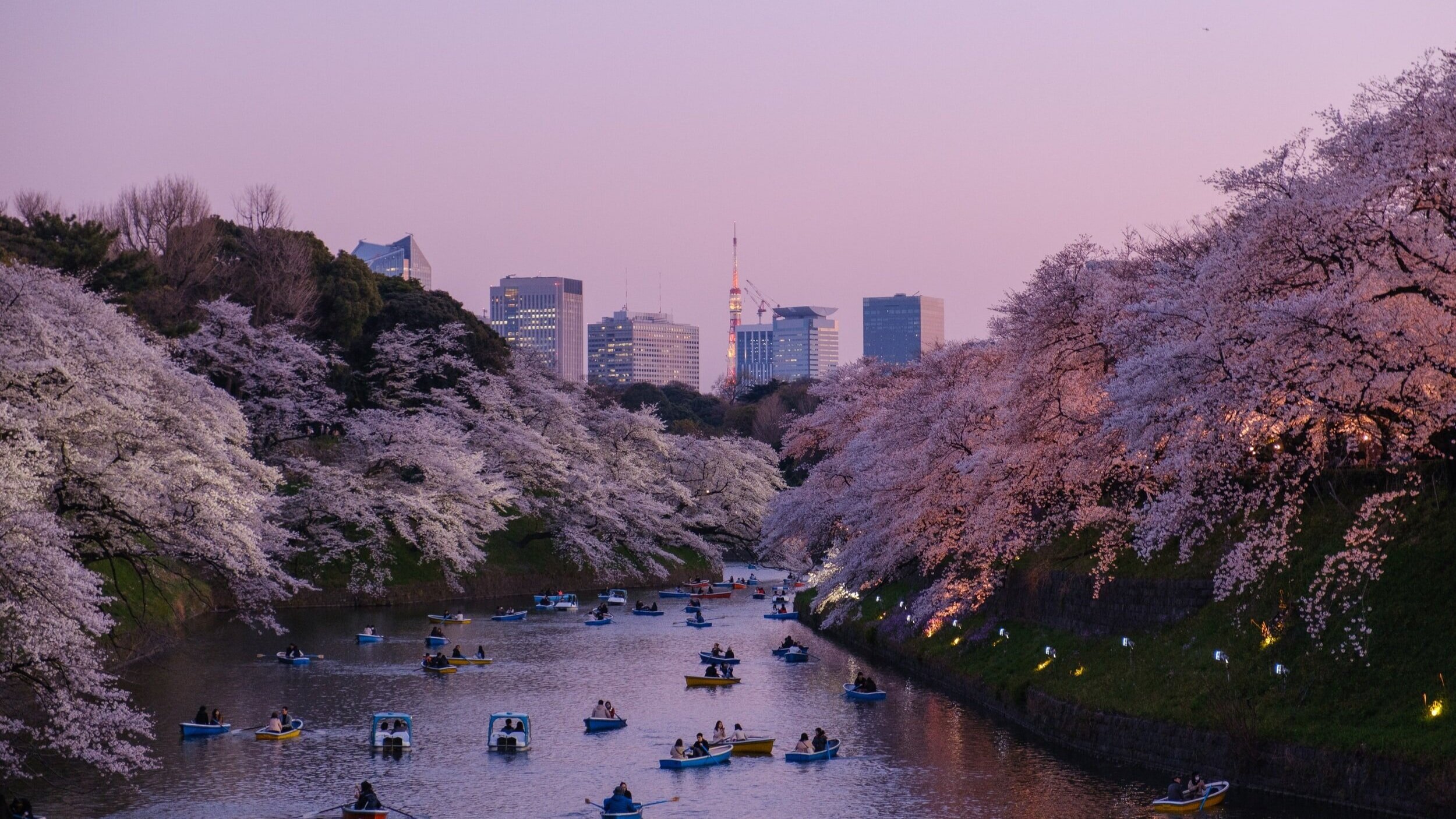Non-Binary in Japan
Japan is home to many queer identities, but one that I’d only recently heard of was X-Gender. It’s definitely a new term to me, so I decided to look into it out of curiosity. X-Gender is the Japanese equivalent to Non-Binary, though there’s cultural variance involved.
Most of the info I got on the topic came from gender wiki’s, personal testimony and some articles covering the topic. So I’m gonna be paraphrasing and pulling strings together to weave a cohesive idea that I can share with y’all.
Japan has exposure to LGBT+ content in terms of BL/Shonen Ai (Boy’s Love), Yuri (Girl’s Love) and other manga genres. Often times, people’s understanding of the community comes from those representative media. There’s various LGBT+ content with shows like Sailor Moon, Ranma 1/2, Banana Fish and more. TV dramas and manga are the typical media sources where you can find the most nuanced versions of those characters, even if they’re not always the best representations.
Despite that, there’s growing awareness and acceptance for the LGBT+ community in Japan. Even if the information about it is only now coming to light. Among the community intersections, X-Gender people fall into that too. X-Gender is the Japanese equivalent of Non-Binary gender identity, and a lot of times they will use the NB flag in support. There are other gender identities, but like Non-Binary, it is an umbrella term that serves a similar function.
Here’s a comic from a Japanese Manga artist @chii_gid _mtf
(Rough Google translation below)
X-gender
It is an identity that takes a gender position that is not confined to the gender boundaries. By the way, if you are born with a female sexual character, it may be described as “FtX” , and if it is a male, it may be described as “MtX” or “X gender for the time being”
—
Although there are some definitions…
• I want to be between men and women like this (Intergender / Neutral)
• I want to be either gender (Bigender / bisexual)
• I do not want to be put in the frame of men or women (Agender / Asexual)
—
• I want to decide whether my identity is a man or a woman, but right now it's still “X”.
• So “X” is my identity!
• To be honest, there are a lot of different things, so for the time being “X”
• There are various people who grasped “X gender”
—
• By the way, the word X-Gender is an expression only for Japanese-speaking countries [Gender Queer Flag; Left & Agender Flag; Right]
• English-speaking words like “Third gender”, “Gender Queer”, “Agender”
中性/intergender [Chuu-sei]
両性/bigender [Ryo-sei]
無性/agender [Mu-sei]
In fact, the kanji “Seibutstu” 性別 translates to gender but also biological sex. Meaning that in Japanese there isn’t much ideological distinction between the two. So when self identifying, according to my research, X-gender people tend to make their identities known in safe spaces online like Ameba or Mixi boards.
The social media space in Japan is also kind of insular. I’ve never heard of these SNS platforms but apparently they’re super popular over here. The sign up options don’t really allow for much gender variance so most people identify their “seibutsu” and then clarify in their username or profile.
X-gender folks will identify as MTX (male to X gender), FTX (female to X gender) or XTX (X gender to X gender). The body and internal lived experiences are stated together. Similar to the word 性別 Seibutsu, they’re acknowledging both implications of the word in their identity. I haven’t seen other Non-Binary people use that phrasing to self identify, so this was new to me. It’s also unique and culturally significant, which I find really cool.
Within the Trans and Non-Binary community you can find a lot of people using similar identifiers but the X-gender label is something specific to Japan. In many cases where you can get gender neutral markers on documents, the letter X is a go-to, but I have a feeling that’s for ease of data entry. That’s not the case with X-gender peoples. It’s a part of who they are.
It’s actually really interesting to see and learn more about Queer communities around the world, seeing how they validate themselves and how their culture informs their gender identities and expressions.
My partner and I discuss the current Non-Binary landscape within Japan, Japanese gender vocabulary, legal struggles and more.







